-
Learning Beyond the Classroom: Reflections from the Himalayas
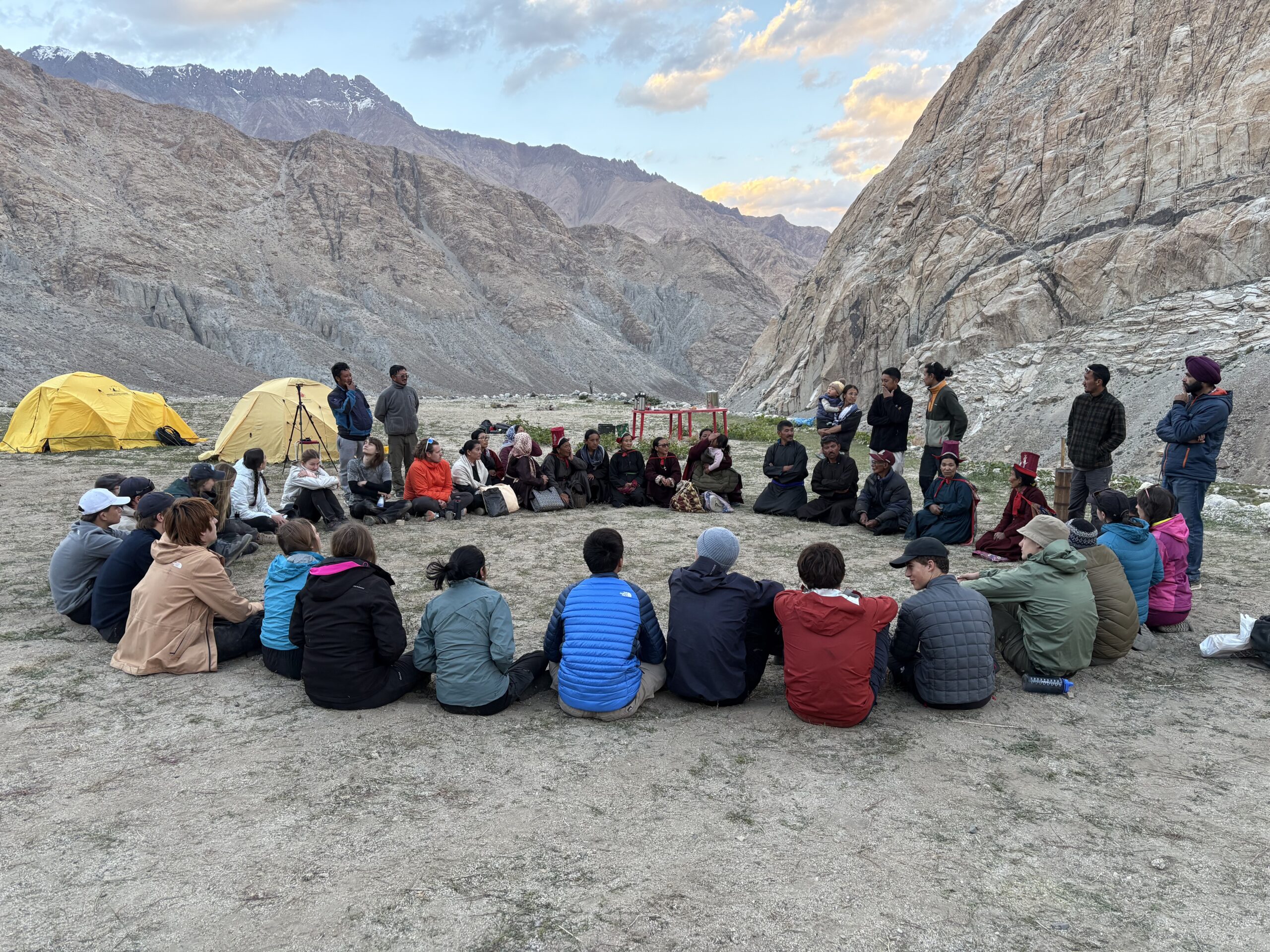
This September, I had the privilege of spending nine days in the Himalayas with nineteen ISZL students and three teachers as part of our Personal Development Week (PDW). What unfolded was not simply a trip, but a journey into history, culture, resilience, and, above all, human connection. From walking the ancient trails of the Silk…
-
The Privilege of Letting Go
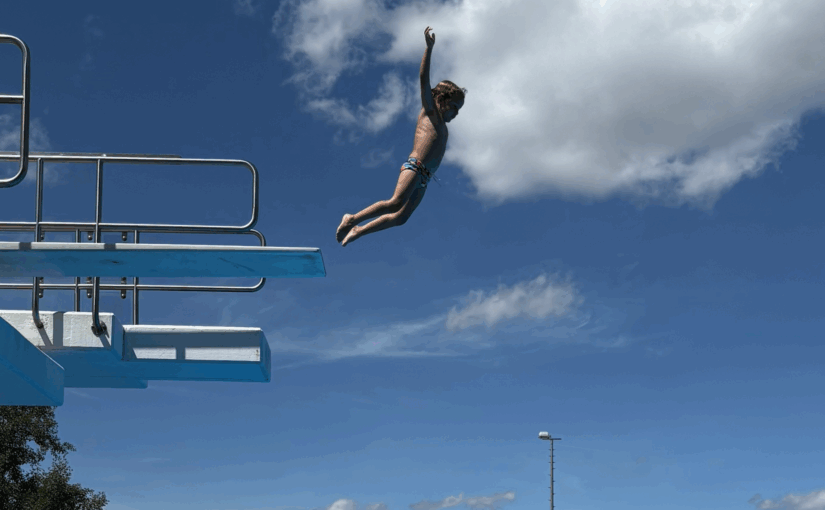
Parenting and teaching are acts of deep care and quiet courage. As a new school year begins, the privilege of walking beside young people comes into focus, along with the quiet strength it takes to let go, trust, and hope. Each step forward marks a leap toward growth, independence, and becoming.
-
Youth Forum Switzerland
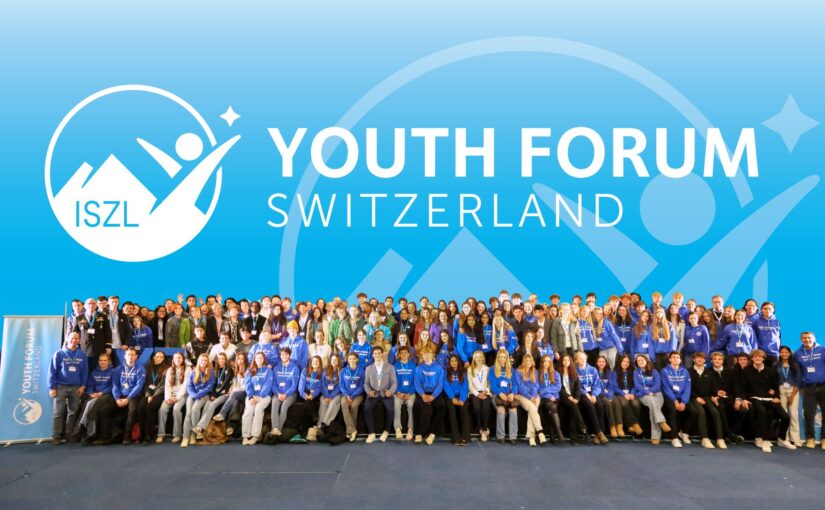
Youth Forum Switzerland (YFS) 2025 at International School of Zug and Luzern (ISZL): We are filled with gratitude and pride for the 8th edition of YFS, an event that has truly embodied the power of youth to inspire change. YFS is a landmark event that amplifies youth voices and highlights their power to effect meaningful…
-
Our Strategic Direction
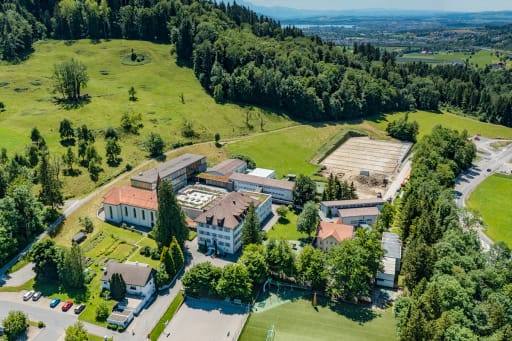
We remain dedicated to advancing ISZL with a clear and purposeful focus, driven by our Mission and Vision, which are central to everything we do. These core principles shape our Objectives and Key Results (OKR) strategy, enabling us to adapt swiftly to rapid changes in technology, education, and society. Developed through community feedback last year, here is an overview…
-
Better Together

Reflecting on the state of world affairs and the challenges we have been facing, from a worldwide pandemic to historical political events to social injustice, among other critical issues, it would be easy to understand the impulse to have consigned 2020 to the local Ökihof (Swiss recycling centre) for recycling and become a distant memory.…
-
Journeys and Transitions

While the very nature of an international community is one of transience, it is important not to diminish the challenges and opportunities associated with the transitions themselves. As the departure of valued colleagues and dear friends are accompanied by the arrival of new families and the promise of new friendships, we also find ourselves managing…
-
Learning Into Action
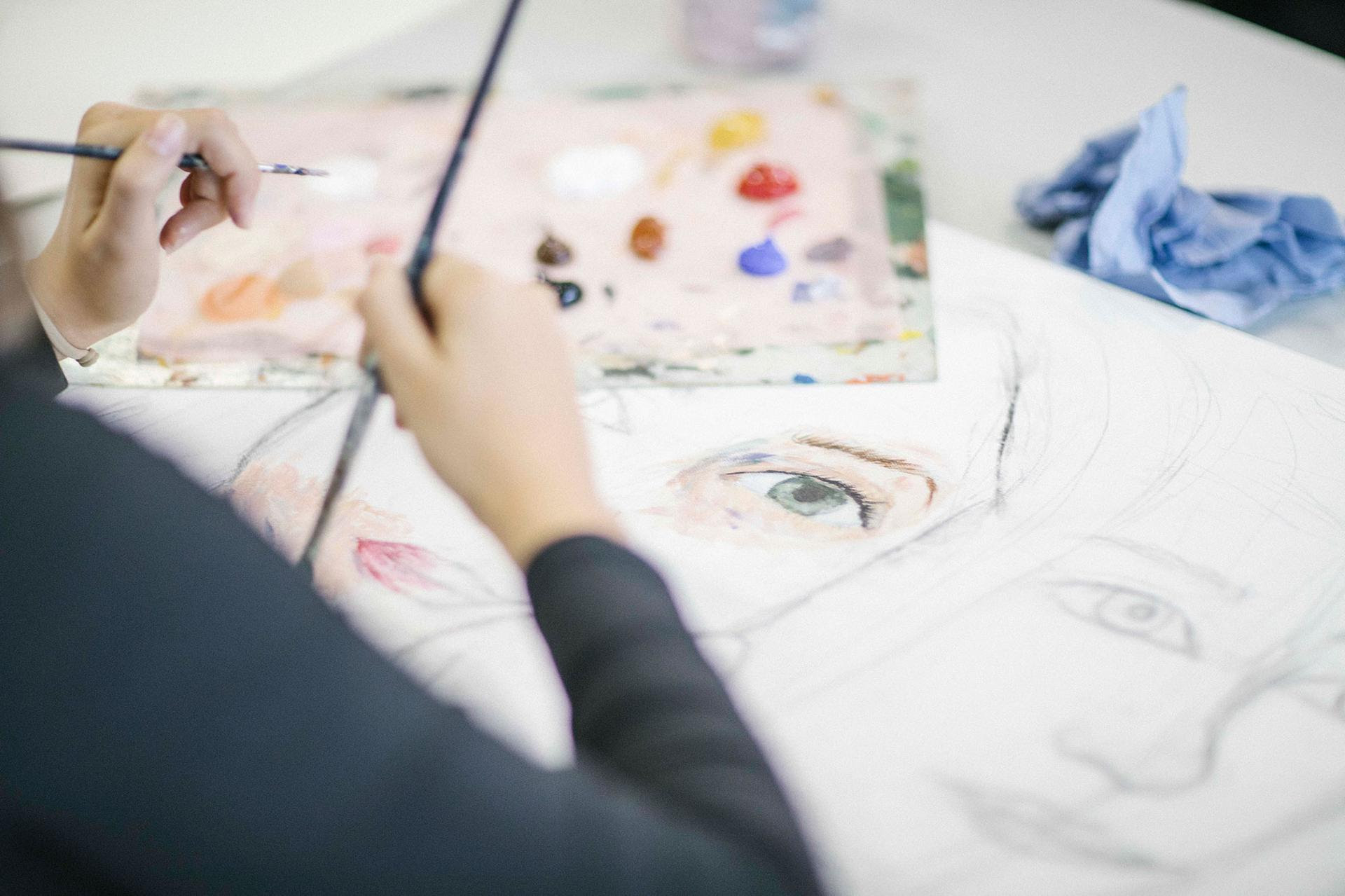
What is your mission or purpose in life? What is your vision for your personal future? While we may not ask ourselves these questions very often, the ensuing reflections are often helpful in clarifying our values, articulating what is important to us, guiding our decisions, and determining how we focus our energy and time. As…
-
New Year, New Beginnings

As we embark on the new year and decade ahead, and in the spirit of new beginnings, it is with a sense of excitement, pride, and honour that we launch ISZL’s new guiding statements. We would like to extend our deep levels of appreciation for our community’s involvement in the development of our new mission,…
-
Civic Responsibilities

One of the many things I appreciate and admire about Switzerland is the collective commitment to civic responsibility. The pragmatic Swiss approach to the establishment of community norms in combination with both an individual and societal belief in supporting and adhering to these agreements have resulted in a country that runs incredibly well. ISZL‘s commitment…
-
Inclusion & Community

‘We are all ISZL’ are the words that best capture our recent work in the area of inclusion. For the past year, ISZL staff and representative groups of students and parents have been engaging in professional development sessions, workshops, and discussions focused on inclusion and what we value as a community. The International Baccalaureate (IB)…